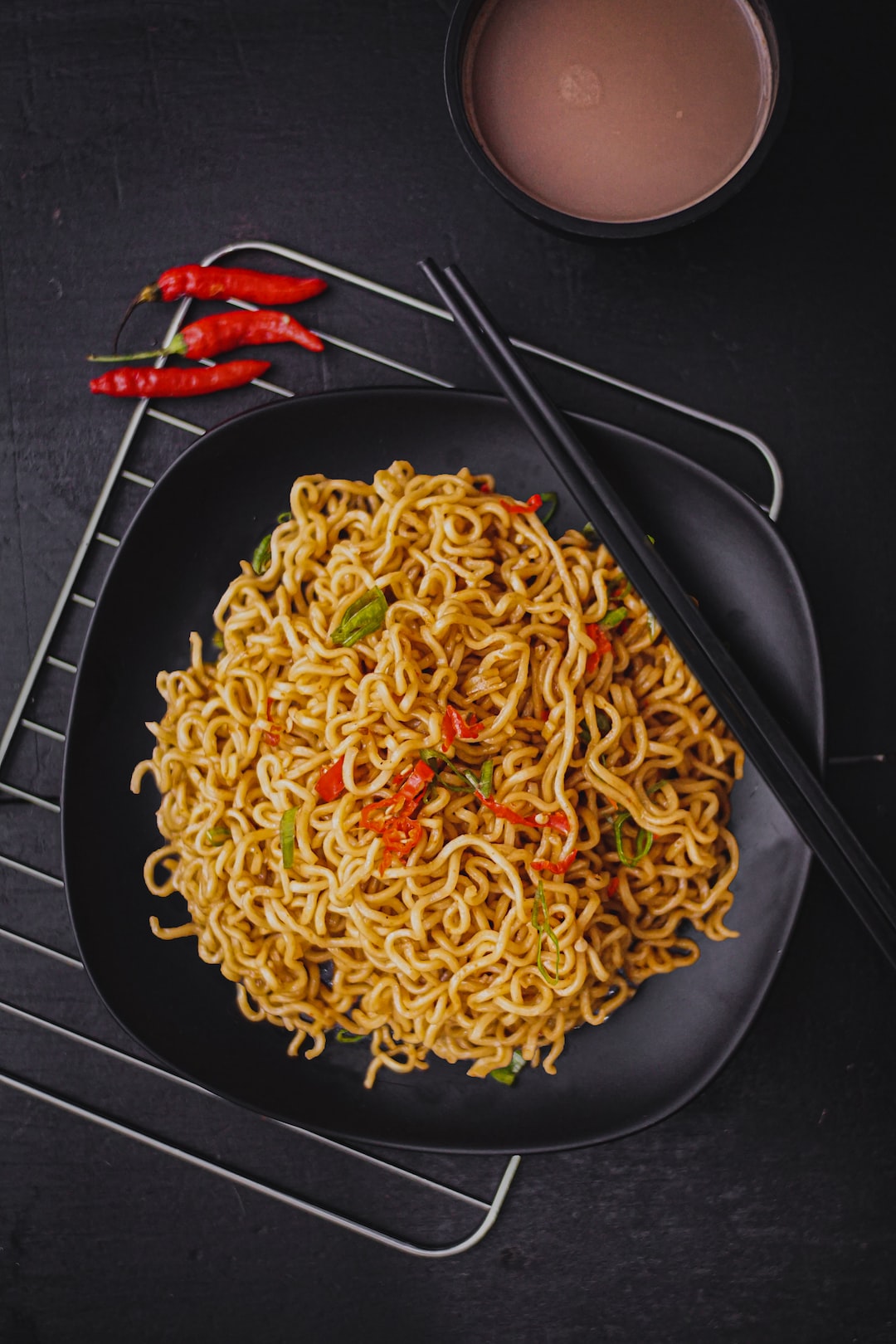Decoding the Art of Pairing Cheese with Wine
Cheese and wine, a classic combination that has been enjoyed for centuries. The way these two elements complement each other is truly remarkable, with the flavors and textures of both coming together to create a taste experience like no other. However, with the vast array of cheeses and wines available, it can be overwhelming to know which ones go best together. In this blog post, we will decode the art of pairing cheese with wine, helping you create the perfect match every time.
When it comes to pairing cheese with wine, there are a few key considerations to keep in mind. Firstly, the flavors and characteristics of both the cheese and wine should complement, rather than overpower, each other. For example, a mild cheese should ideally be paired with a light and delicate wine, while a bold and flavorful cheese can stand up to a more robust wine. Secondly, the texture of the cheese and the wine should work together harmoniously. A creamy cheese may work well with a buttery and rich wine, while a crumbly cheese may pair better with a crisp and acidic wine. Lastly, personal preferences and individual taste should always be taken into account. Experimentation is key, as what works for one person may not work for another.
Let’s start by exploring some classic cheese and wine pairings. One of the most well-known and cherished pairings is that of a creamy brie with a sparkling wine such as Champagne. The creamy texture of the brie complements the lively bubbles and crisp acidity of the Champagne, resulting in a refreshingly delightful combination. Another popular pairing is blue cheese with a sweet wine like Sauternes. The sweet and tangy flavors of the blue cheese are beautifully balanced by the honeyed sweetness and lusciousness of the Sauternes.
Moving on to red wines, a bold and rich Cabernet Sauvignon pairs wonderfully with a sharp and aged cheddar. The robust flavors of the Cabernet Sauvignon match the intensity of the cheddar, creating a powerhouse pairing that is sure to impress. For those who prefer white wines, a creamy and nutty Gruyère can be paired with a buttery and oaky Chardonnay. The richness of the Gruyère harmonizes with the smoothness and complexity of the Chardonnay, resulting in a luxurious combination.
While these classic pairings are a great starting point, there are countless other cheese and wine combinations to explore. For example, a tangy goat cheese can be paired with a crisp Sauvignon Blanc, highlighting the fresh and vibrant flavors of both. Similarly, a fruity and semi-hard Manchego can be elevated with a glass of spicy and peppery Tempranillo. The possibilities are endless, and the joy of discovering your own unique pairings is part of the fun.
It’s important to remember that there are no hard and fast rules when it comes to pairing cheese with wine. While certain combinations may be considered traditional, it’s ultimately up to your personal taste preferences. Don’t be afraid to experiment and step out of your comfort zone. Try different cheeses and wines, and let your palate lead the way. Ask for recommendations from knowledgeable cheesemongers and sommeliers, who can guide you towards pairings that you may not have considered before.
In conclusion, pairing cheese with wine is an art form that can be mastered with practice and exploration. Understanding the flavors, textures, and characteristics of both the cheese and wine is essential in creating harmonious matches. Whether you stick to the classics or forge your own path, the joy of discovering new combinations is a delight that can be savored for years to come. So, go ahead and embark on your cheese and wine pairing journey – your taste buds will thank you.

